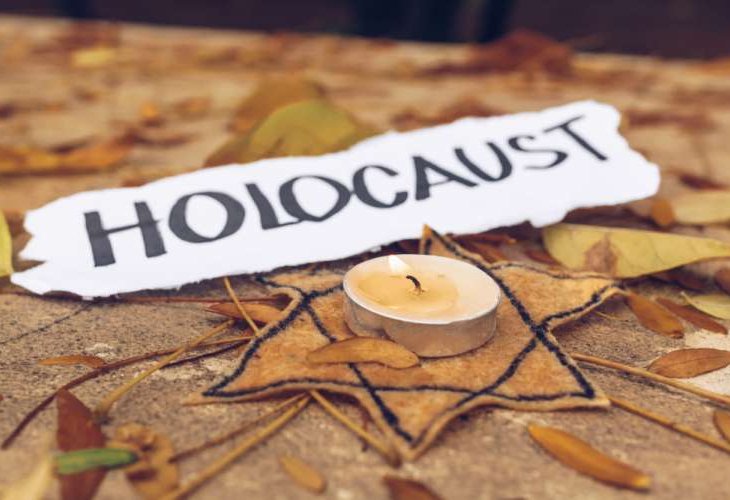History and Archaeology
Kristallnacht: The Night of Broken Glass that Marked the Beginning of the Holocaust
On November 9, 1938, Nazi Germany unleashed a nationwide pogrom against its Jewish citizens — burning synagogues, destroying homes, and paving the way to genocide
 (Photo: shutterstock)
(Photo: shutterstock)The rise of the Nazi Party to power in Germany in 1933 dramatically changed the lives of Jews in Germany and neighboring countries. Anti-Jewish propaganda, persecution, and discrimination became official state policy.
The Trigger: A Young Jew’s Desperate Act
On November 7, 1938, a young Polish-Jewish man named Herschel Grynszpan, angered by the deportation of his family from Germany to Poland, shot and killed a German diplomat in Paris.
The Nazis seized on this isolated act as a pretext to incite mass violence against the entire Jewish population, turning it into a propaganda tool to inflame hatred and justify further persecution.
Goebbels’ Call for Violence
Two days later, on November 9, 1938 — a symbolic date in the Nazi Party calendar, Joseph Goebbels, the Nazi Minister of Propaganda, assembled party officials and SS officers.
He urged them to organize a coordinated, nationwide pogrom against Jews, later presented in Nazi reports as a “spontaneous public uprising.” In reality, it was a carefully planned and orchestrated campaign of terror.
A Night of Fire and Destruction
That night, Nazi mobs rampaged across Germany and Austria.
They burned and destroyed nearly every synagogue, smashed Jewish-owned shops, and desecrated Jewish cemeteries.
Homes were looted, families beaten, and communities shattered.
More than 30,000 Jewish men were arrested and sent to concentration camps, primarily Dachau, Buchenwald, and Sachsenhausen. At least 400 Jews were murdered that night, and another 400 were killed in the days that followed.
The Beginning of the Holocaust
The horrific events of that night marked the official beginning of the Holocaust and foreshadowed the genocide that was soon to come.
The Nazis cynically called the pogrom “Kristallnacht” — “The Night of Broken Glass”, referring to the glittering shards of shattered windows that littered the streets. The term was meant to sanitize and disguise the brutality of the event, masking mass murder and destruction behind a deceptively poetic phrase.

